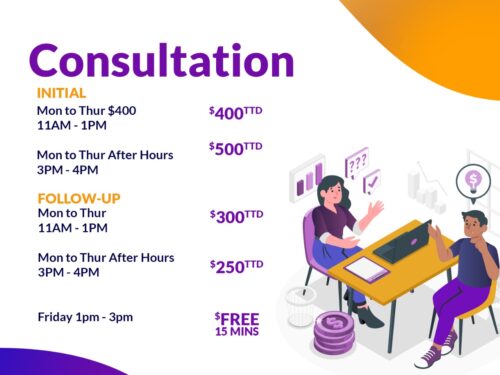Today’s article is part of a series on work-life balance and will identify signs of a workaholic.
While many workers would love more time off, job insecurity and technology that keeps them constantly plugged in can often get in the way. Some people manage to make things work. They carve out time for their personal lives, they find ways to work more efficiently, they know when to let go. But for others, it can be a slippery slope from a busy work month to an endlessly busy work life. The first and sometimes most difficult step, is simply recognising the problem. Read on to see if you have symptoms of a workaholic.
Your body feels unwell: Workaholics have a lot of bad habits that can hamper health. Constrained for time, some turn to junk food, some inhale lunch at their desks and others skip meals altogether. Exercise is often abandoned and sleep habits get thrown off schedule. Mental health experts who specifically treat work addicts consistently see the same ailments among the overworked: gastrointestinal problems, headaches and migraines, weight gain or loss due to poor diets, increased irritability and tiredness, heavier drinking as a form of stress relief.
Your relationships are strained: Workaholics need to look no further than to their loved ones for signs of their work addiction. Family members and close friends are often the first to feel their absence. “When people who love us tell us, ‘I never see you’ or ‘you’re never around,’” it’s time to reevaluate our work-life balance. Workaholics tend to miss important life milestones like anniversaries and birthdays because of work. They have a hard time saying “no” to the boss and an even harder time saying “yes” to the family. Eventually, marital issues tend to surface.
But when does hard work turn negative? What might lead someone to believe they are a ‘work addict’? Well, workaholism is a compulsion – an obsessive and out-of-control urge to work, or think about it.
“Workaholism is not defined by hours. It’s defined by what’s going on inside of us.” “A workaholic is someone who’s on the beach dreaming about being back at work. A healthy worker is at work, dreaming about being on the beach.”
But workaholics are not necessarily producing the best work or are any more engaged at the office than their colleagues. Workaholics reported greater job stress, lower job satisfaction, lower life satisfaction and more burnout.
They also reported greater work-life conflict, lower physical and mental health and detrimental outcomes for family, such as marital problems. There are not a lot of positive outcomes, despite the concept of workaholism often being linked with traits like being driven, competitive, ambitious and productive.
Think you might have a problem? There are a couple of self-assessments you can take.
Norwegian researchers have created the Bergen Work Addiction Scale, where you can gauge your behavior, feelings and attitude towards work. The first step, experts say, is to admit you have a problem.
The Bergen Work Addiction Scale uses seven basic criteria to identify work addiction, scored as follows: (1) Never, (2) Rarely, (3) Sometimes, (4) Often, and (5) Always. If you score “often” or “always” on at least four of the seven criteria, you may be a workaholic.
- You think of how you can free up more time to work.
- You spend much more time working than initially intended.
- You work in order to reduce feelings of guilt, anxiety, helplessness and depression.
- You have been told by others to cut down on work without listening to them.
- You become stressed if you are prohibited from working.
- You deprioritise hobbies, leisure activities, and exercise because of your work.
- You work so much that it has negatively influenced your health
But work, like food, is not something you can just give up cold turkey. So how can you control your impulse to work incessantly? It’s having a plan and following a plan, versus, compulsively diving in to whatever pops up. That means scheduling work hours, focusing on one thing at time, and if something unexpected arises, rather than chaotically trying to cram everything in and multi-tasking, going back to your list and reprioritising.
Be sure to join our Facebook, Instagram, Tiktok and our Website for more valuable information. Ask about our Business Startup Kit, Retainer Package, Year End Retainer Package , Business Bank Account or learn how manage your finance with our Prerecorded and Live Courses. Book a FREE 15 mins CONSULTATION on Fridays from 1pm to 3 pm.
“A wealthy person is simply someone who has learned how to make money when they’re not working.” – Robert Kiyosaki









